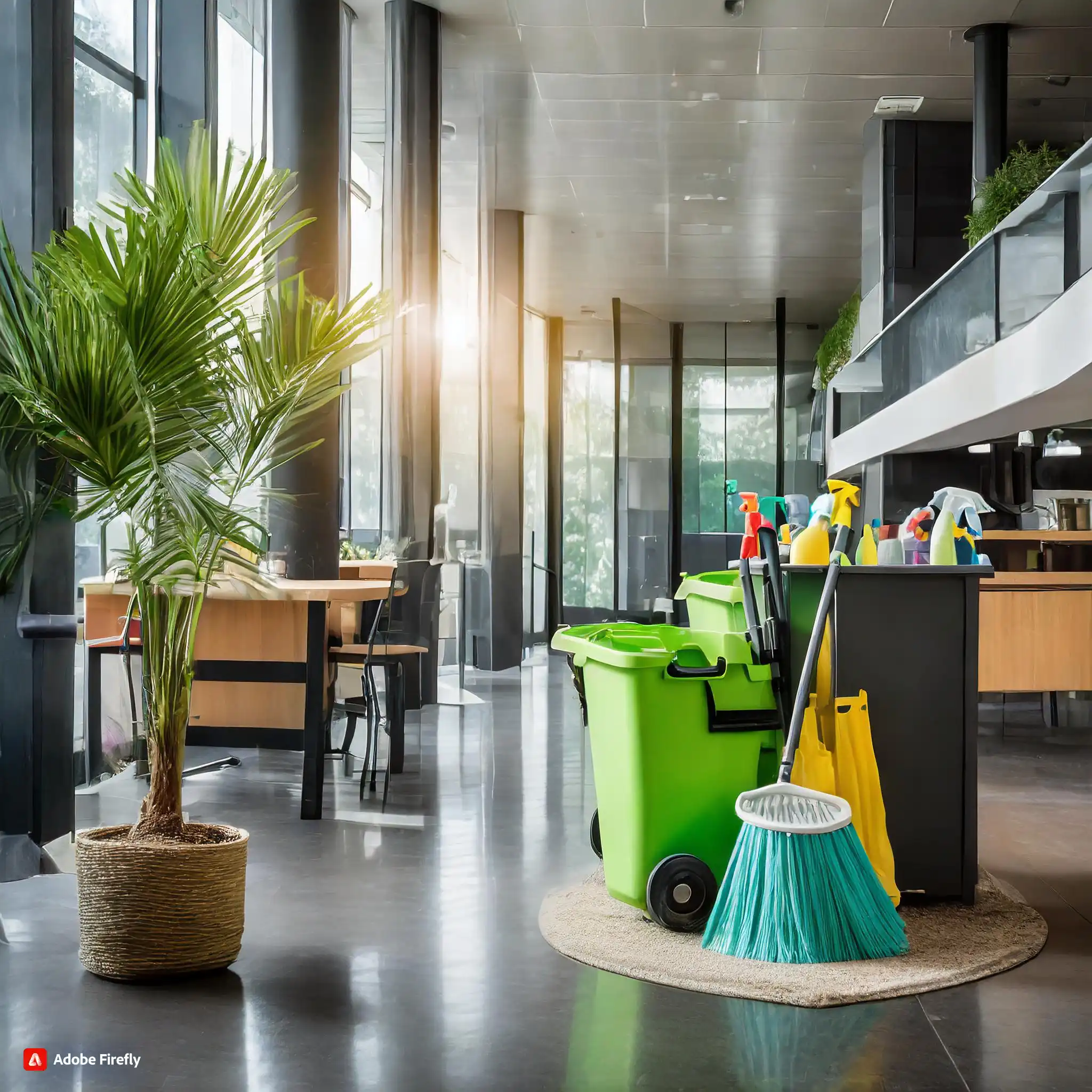Hard Floor Care, Sports Floor Care
What is a Floor Sealer?
Understanding Floor Sealers
Definition of Floor Sealer
Protective Coating for Floor Surfaces
A Floor Sealer refers to a coating, either temporary or permanent, applied to floor surfaces. Its primary purpose is to fill voids and pores present in the floor, creating a smoother and more even surface.
Types of Floor Sealers
Temporary and Permanent Sealers
Floor sealers come in both temporary and permanent formulations. Temporary sealers are designed for short-term use, while permanent sealers provide longer-lasting protection.
Water-Based and Solvent-Based Sealers
Floor sealers can be categorized as water-based or solvent-based. Water-based sealers use water as a carrier, while solvent-based sealers use organic solvents.
Functions and Benefits
Void and Pore Filling
The primary function of a floor sealer is to fill voids and pores present in the floor surface. This helps create a smoother and more uniform substrate for the application of subsequent floor finishes.
Reduced Absorption of Finish
Once the floor is sealed, it experiences reduced absorption of finish coats. This is advantageous as it ensures that less finish is absorbed into the floor, resulting in a more consistent and uniform appearance of the finished surface.
Promotion of Adhesion
Floor sealers play a crucial role in promoting the adhesion of subsequent finish coats. By providing a well-prepared and sealed surface, adhesion is enhanced, contributing to the longevity and effectiveness of the applied finishes.
Temporary vs. Permanent Sealers
Temporary Sealers
Temporary sealers are typically used for short-term protection or during specific construction phases. They may offer a quick solution to create a seal on the floor but are not intended for long-lasting performance.
Permanent Sealers
Permanent sealers are formulated to provide extended protection and durability. They are designed to withstand regular wear and tear, providing a longer-lasting solution for maintaining the integrity of the floor surface.
Water-Based vs. Solvent-Based Sealers
Water-Based Sealers
Water-based sealers use water as a carrier for the active sealing agents. They are often preferred for their environmentally friendly characteristics, lower VOC content, and ease of application.
Solvent-Based Sealers
Solvent-based sealers use organic solvents as carriers. While they may contain higher VOC levels, they are known for their fast drying times and suitability for specific applications.
Application Process
Preparation of Floor Surface
Before applying a floor sealer, proper preparation of the floor surface is essential. This may include cleaning, removing contaminants, and ensuring a smooth and dry substrate.
Application Techniques
Floor sealers can be applied using various techniques, including rollers, brushes, or spray application, depending on the type of sealer and the specific requirements of the flooring.
Drying and Curing
After application, floor sealers undergo a drying and curing process. The duration of this process may vary based on the type of sealer used, environmental conditions, and manufacturer recommendations.
Importance in Floor Maintenance
Enhanced Appearance and Longevity
The use of floor sealers is crucial for enhancing the appearance and longevity of floor finishes. By creating a well-prepared surface, floor sealers contribute to the overall performance of subsequent coatings.
Uniform Finish
The reduced absorption of finish coats due to floor sealing ensures a more uniform finish, preventing uneven appearance and promoting aesthetic consistency.
Conclusion
A Floor Sealer is a coating applied to floor surfaces, available in temporary or permanent formulations, and can be water-based or solvent-based. Its primary functions include filling voids and pores in the floor, reducing finish absorption, and promoting the adhesion of subsequent finish coats. The choice between temporary and permanent sealers, as well as water-based and solvent-based options, depends on specific requirements and the desired longevity of protection. Proper application techniques and surface preparation are essential for optimizing the benefits of floor sealers in enhancing appearance and ensuring the durability of floor finishes.
Frequently Asked Questions
Have a different question and can’t find the answer you’re looking for? Reach out to our support team by sending us an email and we’ll get back to you as soon as we can.
- Do Commercial Floor Finishes Contain Preservatives?
- Preservatives in Commercial Floor Finishes Commercial floor finishes often incorporate preservatives to address potential bacterial contamination Here's a more in depth explanation 1 Preservation Purpose Microbial Contamination Floor finishes...
- What is Travertine?
- Travertine is a distinctive natural stone known for its unique characteristics and appearance making it a popular choice for various architectural and design applications Here are further details about...
- Why are Coalescing Agents Important in Floor Finish?
- Coalescing Agents play a crucial role in floor finish formulations influencing the film formation process and ultimately contributing to the quality of the finished floor surface Here's a more...
- What are Anti-Foam Chemicals or Anti-Foam Agents?
- Anti Foam Agents also known as defoamers play a crucial role in various applications and here are additional details to explain their functions Reducing Bubbles and Foam Anti Foam...
